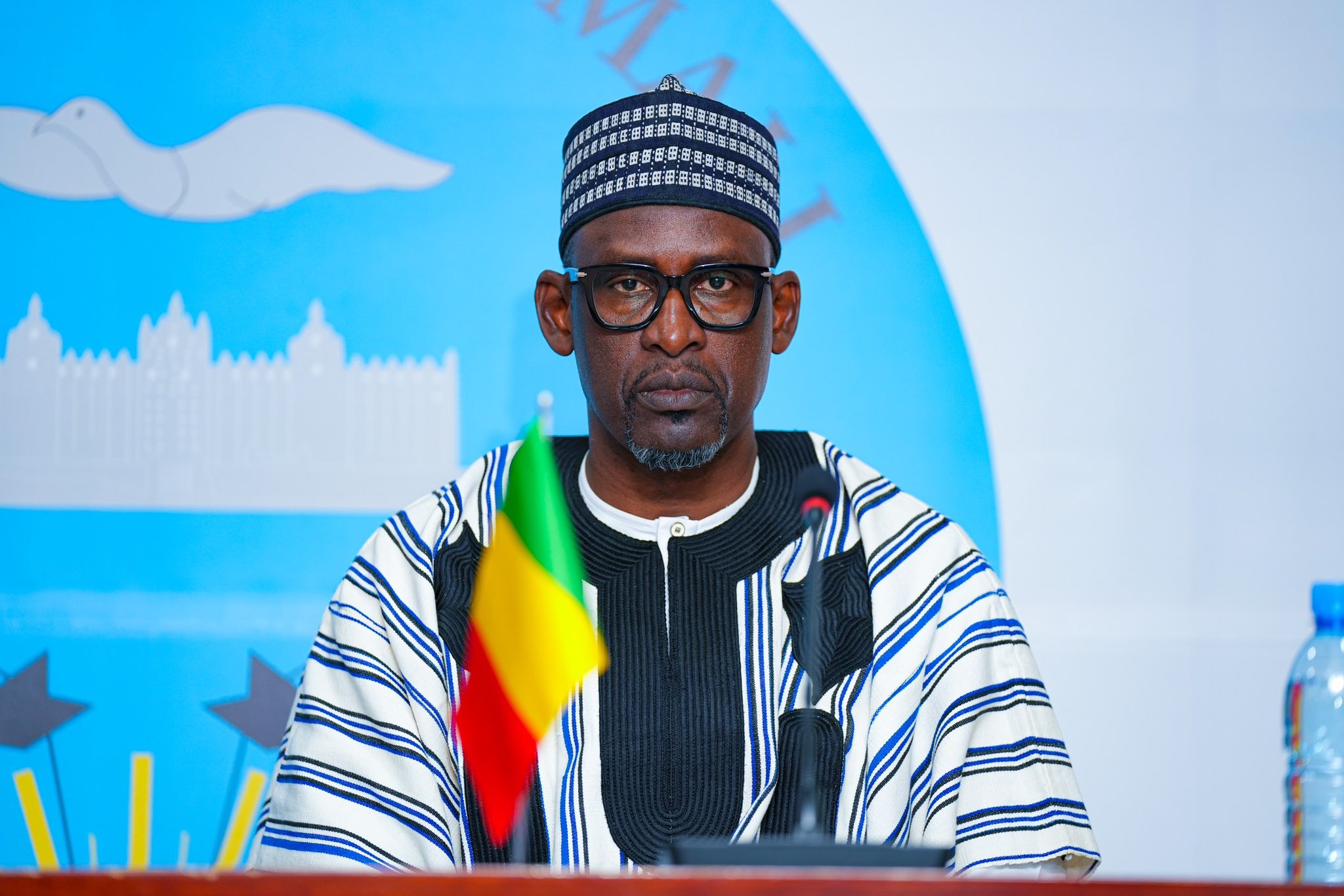In Berlin, Mali delivers scathing critique of UN peacekeeping mission
On May 13, 2025, Mali’s Minister of Foreign Affairs and International Cooperation, Abdoulaye Diop, addressed the United Nations Ministerial Conference on Peacekeeping held in Berlin. In a stark and unflinching speech, he laid out a critical assessment of the UN’s decade-long peacekeeping presence in Mali, drawing lessons from the country’s experience with the now-defunct MINUSMA mission.

Diop identified four key failings in the UN mission’s approach, starting with what he called a fundamental misalignment between MINUSMA’s mandates and the realities on the ground. He emphasized that Mali has been facing an asymmetric war, stating, “You cannot send a peacekeeping mission where there is no peace to keep.”
He then conveyed the deep frustration of the Malian population over the Blue Helmets’ inability to protect civilians. In many areas, he said, massacres by armed groups took place without intervention from peacekeepers, largely due to the lack of a clear and robust mandate. Diop also stressed the urgent need for improved coordination between UN missions and host countries.
He criticized the lack of communication, noting that UN activities were often conducted without informing or securing the prior consent of Malian authorities. Reports about the situation in Mali were also published without consultation. “No mission can succeed without the consent and collaboration of the state concerned,” he said.
Third, Diop emphasized the importance of fully respecting the sovereignty of states—even those in crisis. He lamented the minimal support provided to Mali’s national capacities, pointing out that despite MINUSMA’s $1.3 billion annual budget, the share allocated to the Malian state to ensure its own security was negligible.
Finally, the Malian diplomat denounced what he described as the politicization of human rights. He accused some UN missions of producing biased and sometimes hostile reports, contributing to a breakdown in trust between Mali and the United Nations. He also condemned the “penholder practice,” where former colonial powers continue to draft Security Council resolutions on African countries—a process he called condescending and humiliating.
It’s worth recalling that in 2023, amid worsening security conditions and a strained relationship with the UN, Mali formally requested the withdrawal of MINUSMA. That withdrawal was carried out gradually, bringing an end to a decade of peacekeeping operations in the country.


Comments